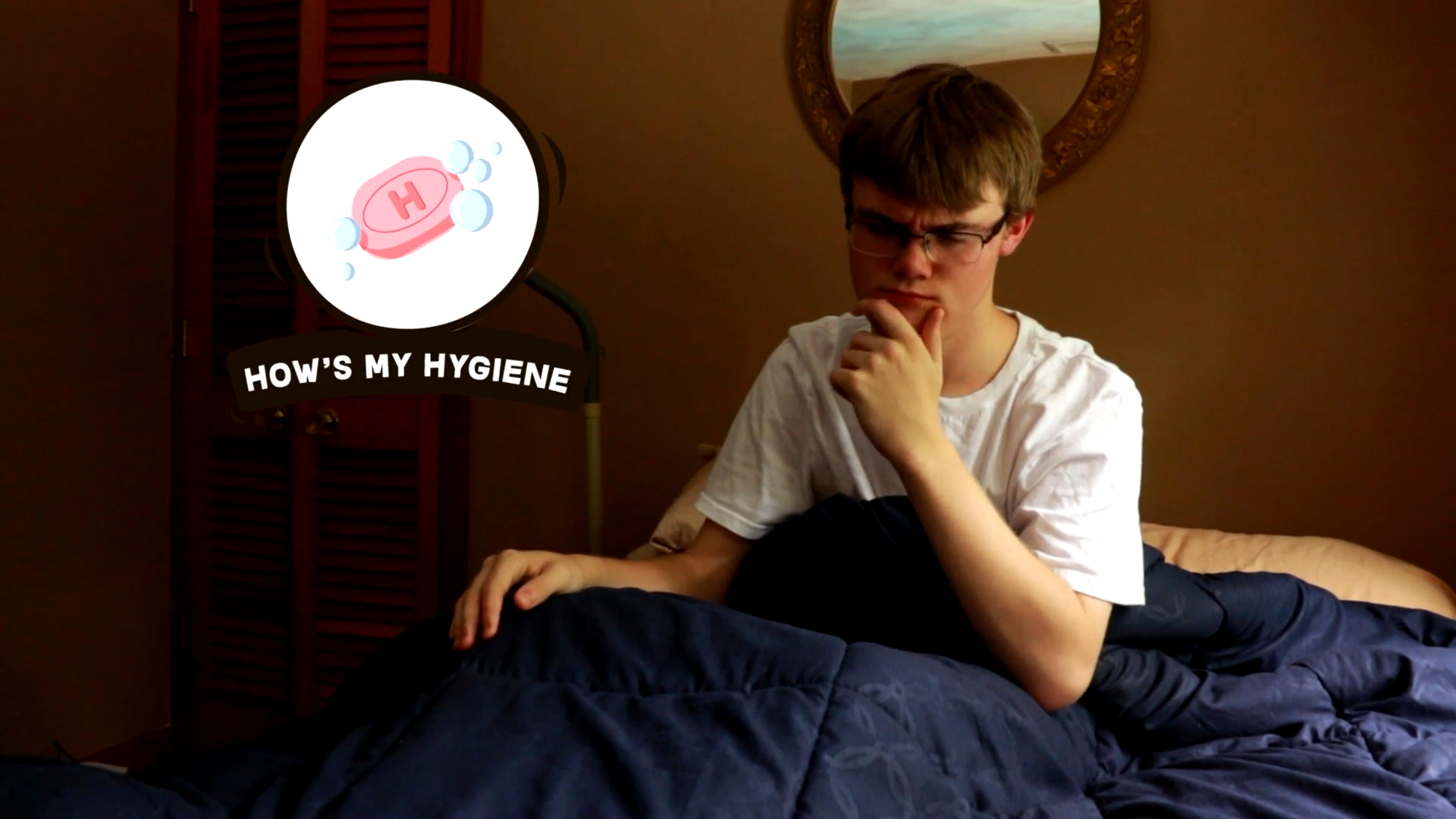
Introduction
Hygiene is an essential aspect of our daily lives, impacting not only our physical health but also our social interactions. It is crucial for educators to teach students about the importance of maintaining good hygiene habits, especially for those in special education settings. This blog post will discuss the role of hygiene in social-emotional learning, focusing on how our smell can affect the way others perceive and interact with us. We will also provide a no-prep activity, discussion questions, related skills, and next steps for educators to use in their classrooms.
No-Prep Activity: The Smell Test
This no-prep activity is designed to help students understand the importance of maintaining good hygiene and its impact on social interactions. It requires no preparation or materials from the educator and can be easily adapted for various age groups and abilities.
- Begin by having students sit in a circle. Explain that you will be discussing the importance of hygiene and how it affects our daily lives and social interactions.
- Ask students to close their eyes and take a deep breath. Encourage them to focus on the smells around them, both pleasant and unpleasant.
- After a few moments, have students open their eyes and share their experiences. Ask them to describe the smells they noticed and how they felt about them.
- Next, explain the concept of personal hygiene and its impact on how we smell. Discuss the importance of regular bathing, using deodorant, and wearing clean clothes.
- Finally, have students brainstorm ways they can improve their personal hygiene habits to ensure they smell pleasant and maintain positive social interactions.
Discussion Questions
- Why is it important to maintain good personal hygiene habits?
- How can our smell affect how others perceive and interact with us?
- What are some daily hygiene habits we should practice to ensure we smell pleasant?
- How can we be more aware of our personal hygiene and its impact on our social interactions?
- How can educators and parents support students in maintaining good hygiene habits?
Related Skills
In addition to understanding the importance of personal hygiene, there are several other related skills that students should learn to foster positive social-emotional development. These skills include:
- Effective communication: Learning to express oneself clearly and assertively, while also being sensitive to the needs and feelings of others.
- Active listening: Developing the ability to listen attentively to others and respond with empathy and understanding.
- Self-awareness: Recognizing one’s own emotions, needs, and preferences, as well as their impact on others.
- Empathy: Understanding and sharing the feelings of others, and showing compassion in social situations.
- Conflict resolution: Learning to address and resolve conflicts in a respectful and constructive manner.
Next Steps
Now that you have a better understanding of the importance of hygiene in social-emotional learning, it’s time to take the next steps in integrating these concepts into your classroom. To help you get started, we invite you to sign up for free samples of skill-based activities and resources designed for special education settings. These materials will provide you with practical tools to teach students about hygiene and its impact on social interactions, as well as other essential social-emotional skills. Don’t miss this opportunity to enhance your students’ learning experience and support their overall well-being.

